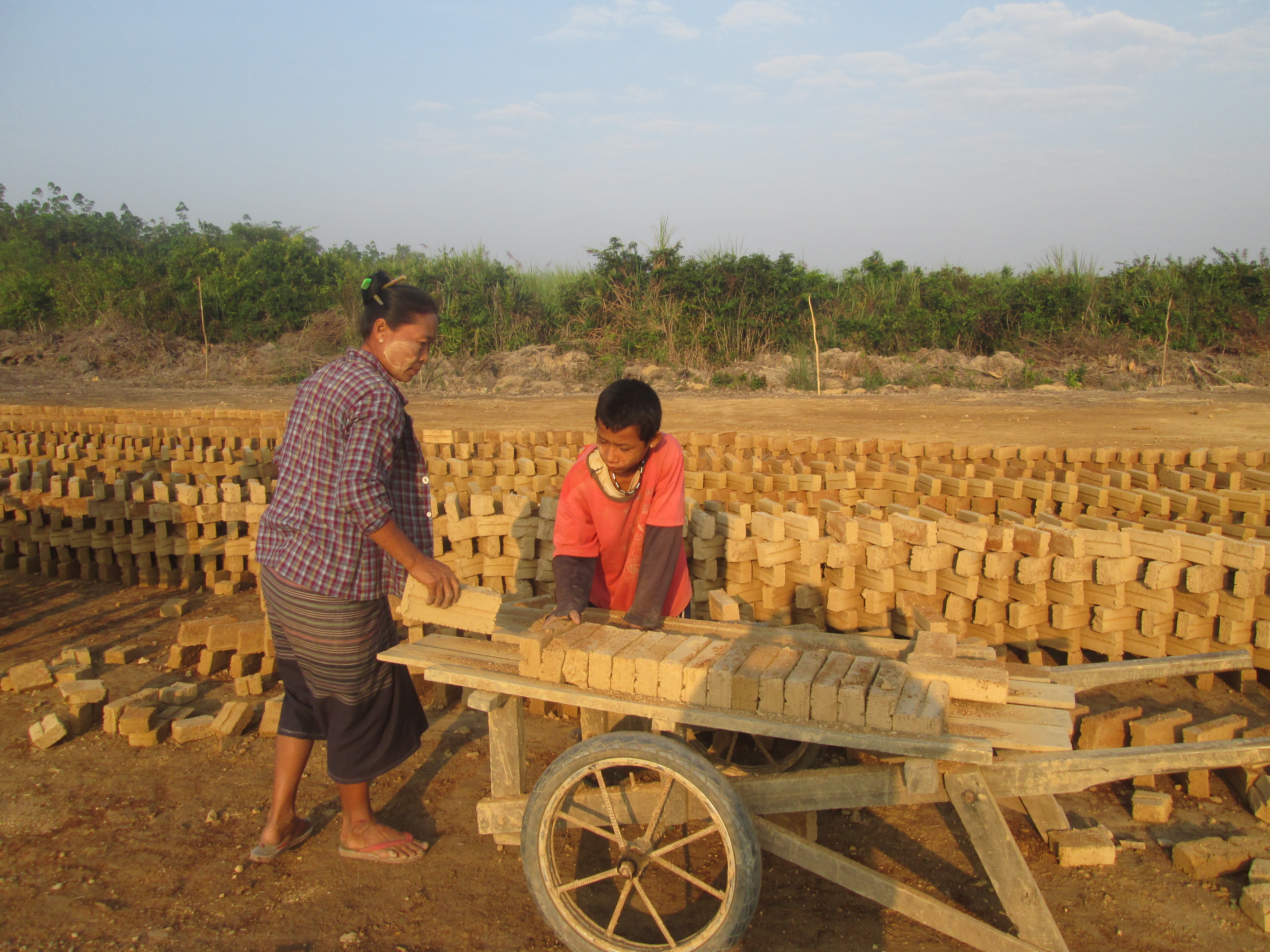On February 12, 1947, at the first Panglong Conference, Myanmar (also called Burma) established its independence from Britain. What followed was 60 years of military rule over a divided country. But earlier this year, the army left office and Aung San Suu Kyi’s party, the National League for Democracy (NLD), was voted into government.
In September, the 21st Century Panglong Conference was held in the capital Naypyitaw, bringing together diverse factions of a divided society to hold peace talks. The NLD, the army, ethnic armed groups and civil society organizations all sat around the table for the first time under civilian rule. It marked a crucial step in recognizing and representing diverse voices within Myanmar, and making proposals and plans on working toward a lasting peace. But out of 60 conference speakers, less than 10 percent were women.
This issue of underrepresentation makes up part of our recently published report “Hidden Strengths, Hidden Struggles,” which gives voice to ethnic Karen women from southeast Myanmar. Karen people make up one of the country’s eight major ethnic groups.
Before the signing of the 2012 preliminary cease-fire agreement, Karen women held numerous leadership positions. Today, their participation in public consultations has decreased. We found that women who had served as village heads or leaders during times of conflict were effectively demoted once the peace deal had been agreed.
During the war, women were often better suited for leadership roles because they were less likely to be accused of working with the rebels and therefore tortured or killed by the military. Women were also better suited to talking to both sides, thanks to their traditionally respected role as a “mo” or mother.
But instead of being recognized and respected for their courageous leadership roles during the conflict, it seems that once the peace deal was signed women were expected to return to their traditional roles as housewives and mothers. A local community member conducting research for the Karen Human Rights Group (KHRG) reported:
“After the preliminary 2012 cease-fire, women’s roles seem to have changed. Village leaders and village secretaries become men … So, we can see that the role of women in that sector [village leadership] is getting diminished…”

And it isn’t just a symptom of peacetime. In the villages, many women never attend school after primary level. This is due not only to long distances between villages and secondary schools, but also to traditional cultural attitudes that women should stay home and help take care of the household, marry young, have children and raise them. Underlying this is the persistent attitude that men are superior to women.
Many obstacles continue to hinder the education of women and girls from the Karen community. Personal security is a major concern, due to ongoing militarization and the continued presence of armed forces in Karen areas. Instances of gender-based violence are higher for women and girls living near army camps or in militarized areas.
Another challenge is the cost of sending a child to secondary school – boys are often given preference if the parents can only afford to send some of their children to school.
And a lack of education often leads to a lack of confidence. One 35-year-old woman who was elected village leader in the ethnic Karen area in 2013 spoke to our researchers about how she could not accept the position due to her lack of education.
“I replied that, ‘I can’t do it, I can’t read and I have never gone to school,’” she said. “They said, ‘Go and take the salary.’ And I replied, ‘No … I wish to quit from the village tract leader position. I don’t want to do this. But I can’t help it.’”
And because they do not have the chance to participate at the local level, Karen women can’t make a mark on the national level either. Those who do are often from urban areas, where education is easier to access.
We want to see the international community put more pressure on Myanmar to fulfill its commitments and international obligations under the Convention on the Elimination of All Forms of Discrimination Against Women.
There should be universal access to education, including in remote rural areas, and we need to ensure women can travel to peace talks outside of their communities without risk of violence.
We want to see more Karen women participating in the decision-making process, both locally and nationally.
By doing so, Myanmar will be a big step closer to achieving Sustainable Development Goal number 5.5: “To ensure women’s full and effective participation and equal opportunities for leadership at all levels of decision-making in political, economic and public life.”
Despite the role model of Aung San Suu Kyi, very few women in Myanmar have that chance. Women have their own sets of ideas and critical thinking skills, and can help in solving certain problems faced by society. They have the energy and strength to protect and promote the rights of their community. No one else – and certainly no man – can take their place.
